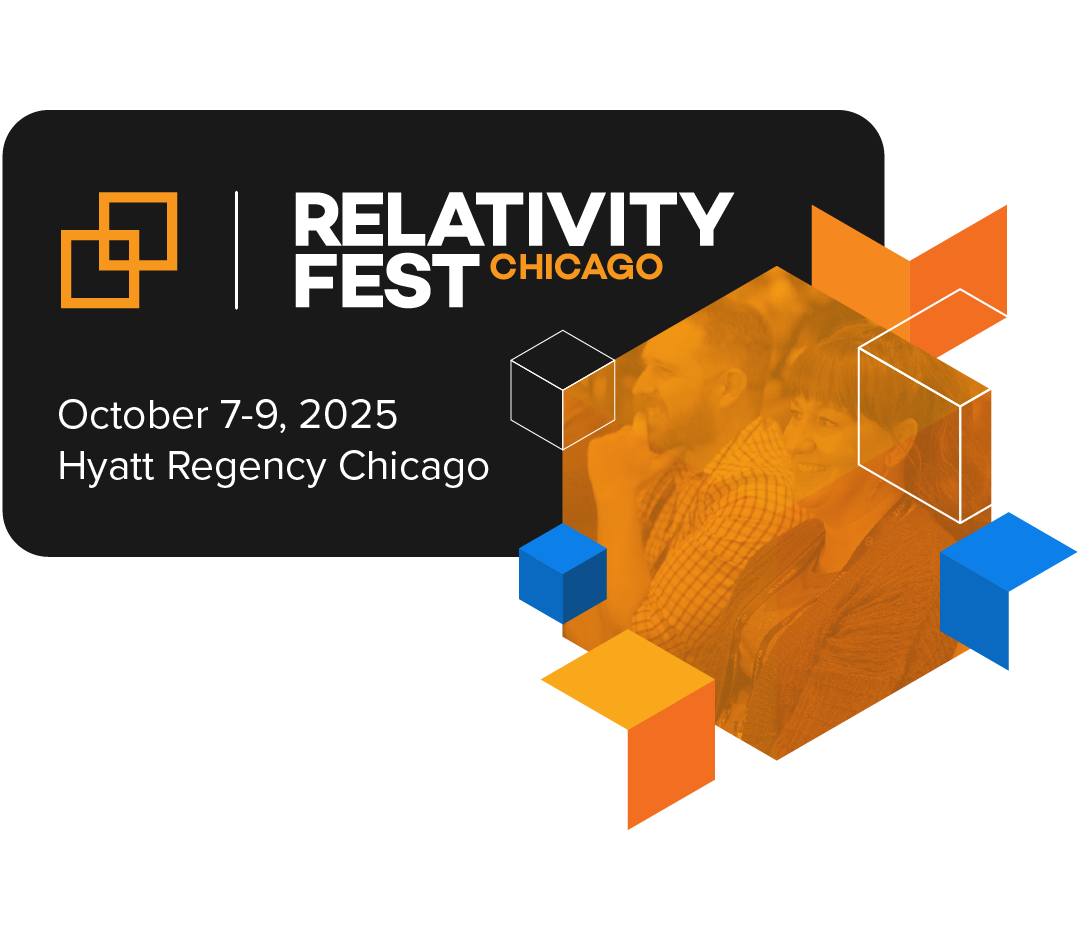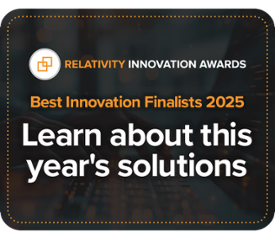I get it. You’re probably rolling your eyes at another headline about AI. And granted, it’s not news that AI has taken the world by storm over the last few years. In 2025 especially, story after report after story has shown that the game is actively changing thanks to it.
Still, challenges remain—and many of them can be traced to gaps in the trust, knowledge, and familiarity it takes to move from curiosity about AI to real impact.
As we approach the final quarter of the year, take a moment to consider what AI insights you’ve gathered over the last nine months. The chatter—all the available newsletters, opinions, webinars, content, and “key takeaways”—has been non-stop and loud. No one has the time or attention to sit and listen to it all.
That said, ask yourself: how have you invested in building greater trust, knowledge, and familiarity within your team when it comes to AI this year?
Have you:
- Practiced integrating AI into your day-to-day routine, whether it’s asking ChatGPT for recipe ideas or fine-tuning your prompting techniques?
- Asked hard questions about things like ethics, fit for purpose, and data security of vendors who are trying to sell AI to your team?
- Stayed up-to-speed on case law and regulatory developments around AI for legal?
- Followed any new AI experts to learn from?
Or, overwhelmed by the abundance of stuff to explore (or simply too busy to find the good bits), have you instead:
- Found yourself ignoring the newsletters you signed up for because there’s just no time left in the day to read them?
- Considered trialing an AI tool but then heard a horror story and backtracked?
- Insisted that AI simply cannot do what you do because it hallucinates and uses too many em dashes?
- Laughed at the memes and ignored every other AI-related thing in your feed?
All of that’s understandable; all of us can probably relate to at least one of them here or there. But now is a formative time for your career, and getting comfortable with AI is an essential way to give your path an upward trajectory.
Luckily, 2025 isn’t over yet—and there’s a great opportunity, just a few weeks from now, to pack a bunch of learning into what’s left of it.
Relativity Fest Chicago takes place October 7-9 this year, and the session catalog is brimming with AI content that works. Not noise, not hype, and not just theory.
Take a look at the AI insights (and CLE credits) you can gather at Fest in 2025.
1. Ethical Questions about AI
The most fundamental question for anyone taking a first, hard look at AI for legal is: “Is this responsible?”
There are a lot of nuances to this question:
- Can legal professionals use AI to conduct highly sensitive work while safeguarding their clients’ best interests, privacy, and data?
- Are AI-powered legal applications built responsibly, with respect to issues of data privacy, intellectual property, sustainability, and cybersecurity?
- How does one preserve the integrity and humanity of legal work while using AI to supplement efforts and accomplish rote tasks?
- Does AI expand access to justice, or stifle it?
All of these are valid concerns and should be examined with care before you embrace AI, both in general and in the use of any specific tool.
At Relativity Fest, speakers—including lawyers, nonprofit leaders, and judges—are ready to give you a roadmap. Add these sessions to your agenda to dig deeper, ask these crucially important questions, and build confidence in the path forward:
- From Access Ramps to AI: Physical Access and Access to Justice
- Navigating the Ethical Maze: Generative AI in e-Discovery
2. Best Practices for Using and Validating AI for Document Review
The vast expense and time required to conduct large-scale document reviews for litigation and other legal data intelligence projects make it a perfect use case for AI—particularly generative AI.
But some legal teams are hesitant, and express concern about dropping buckets of highly sensitive data into a “black box” for AI’s mysterious perusal. Luckily, AI doesn’t have to be a black box at all. The right tools are transparent in their outputs, enabling teams to validate the AI’s determinations with citations and plain-language explanations that back up its decisions. And quantitative validation, too, is possible, in ways that are already well-established within existing case law: elusion testing, precision, recall, and the like.
For guidance on how to validate AI, evaluate its defensibility and acceptance, and advocate for it more effectively, add these sessions to your agenda:
- Generative AI in e-Discovery: How to Test, Trust, and Thrive in a New AI Era
- Empower Your Law Firm with Generative AI: Championing Relativity aiR
- AI in the Courtroom: A Mock Argument on Generative AI for Document Review
3. Protecting Organizational Privilege from Inadvertent Waivers When Using AI
The use of AI is virtually ubiquitous already, in one form or another. Whether they’re using shadow AI or just need training on how best to use sanctioned AI tools, an emerging concern for organizations across industries is employees’ inadvertent damage to privilege when they work with AI.
Additionally, the preservation of privilege during document review has long been a tough, manual, and error-prone process—but AI shows promise in digging up privileged documents with greater speed and accuracy than ever before.
If either of these areas feels relevant to you, add the following sessions to your agenda and you’re sure to learn more:
- Preserving Organizational Privilege in Transformative Times
- Get Your Data to Opposing Parties – Tips & Tricks for Redaction and Production
- Generative AI Privilege Review in Practice: How to Find, Log, and Protect Privilege with Relativity aiR
4. Case Law & Regulatory Developments around AI for Legal
Perhaps you’re already convinced of the potential AI can offer and trying to advocate for it. Maybe you’re still learning and hoping to better understand legal sentiment around it, or chasing down research around how (or if) it’s being governed in a particular region. In any case, keeping a pulse on case law and regulatory developments related to AI is everyone’s job right now.
The headlines can be helpful for following along—everyone wants to know if generative AI is helping or hurting the courtroom, so coverage of new developments can be extensive. But this topic stretches far beyond the hallucination and pro se stories that tend to make the biggest splashes in the media.
You can get a more comprehensive, practical, and professional look at the case law and regulatory landscape around AI by attending these sessions:
- The 12th Annual Relativity Fest Judicial Panel
- The e-Discovery State of the Union
- Case Law Update
- The International Panel
5. How to Champion AI for Your Team (and Your Career)
Even when all your research ducks are in a row, knowing AI use cases, rules, applications, and features isn’t enough to make you truly successful with it. To accomplish that is a team effort, requiring buy-in and enthusiasm from folks around your organization and those of your clients. And you can be well-positioned to inspire it.
This moment in the legal world is an exceptional opportunity to carve out an exciting career trajectory. Professionals who are willing and able to step in as AI champions for their firms will rise with the tide of an AI-enabled future, building the expertise and networks that lead to professional success.
If this sounds appealing, get started by learning from folks already forging this role in these sessions:
- Influencing Innovation: Driving Change and Adoption at Your Corporation
- Agentic AI: First-Hand Experiences to Help You Cut Through the Noise
- Your Organization’s AI Journey: Legal, Practical, and Governance Insights
Your Next Leap in Understanding AI Starts Here
Whether you’re still new to AI, have spent the year getting your feet wet, or have adopted it in full force, there is time to learn more before 2025 is up. And when it comes to AI (and, honestly, just about anything in legal tech), there is always more to learn. Even when you think you’ve mastered it all, you can be certain that things will look at least a little different tomorrow.
Jump on the opportunity to pack a bunch of those insights into one trip by registering for Relativity Fest Chicago, which is just a few weeks away: October 7-9. We can’t wait to learn with you!
Graphics for this article were created by Sarah Vachlon.












